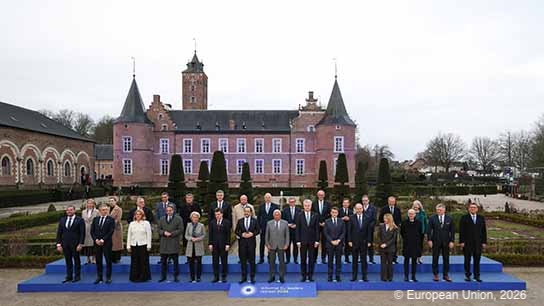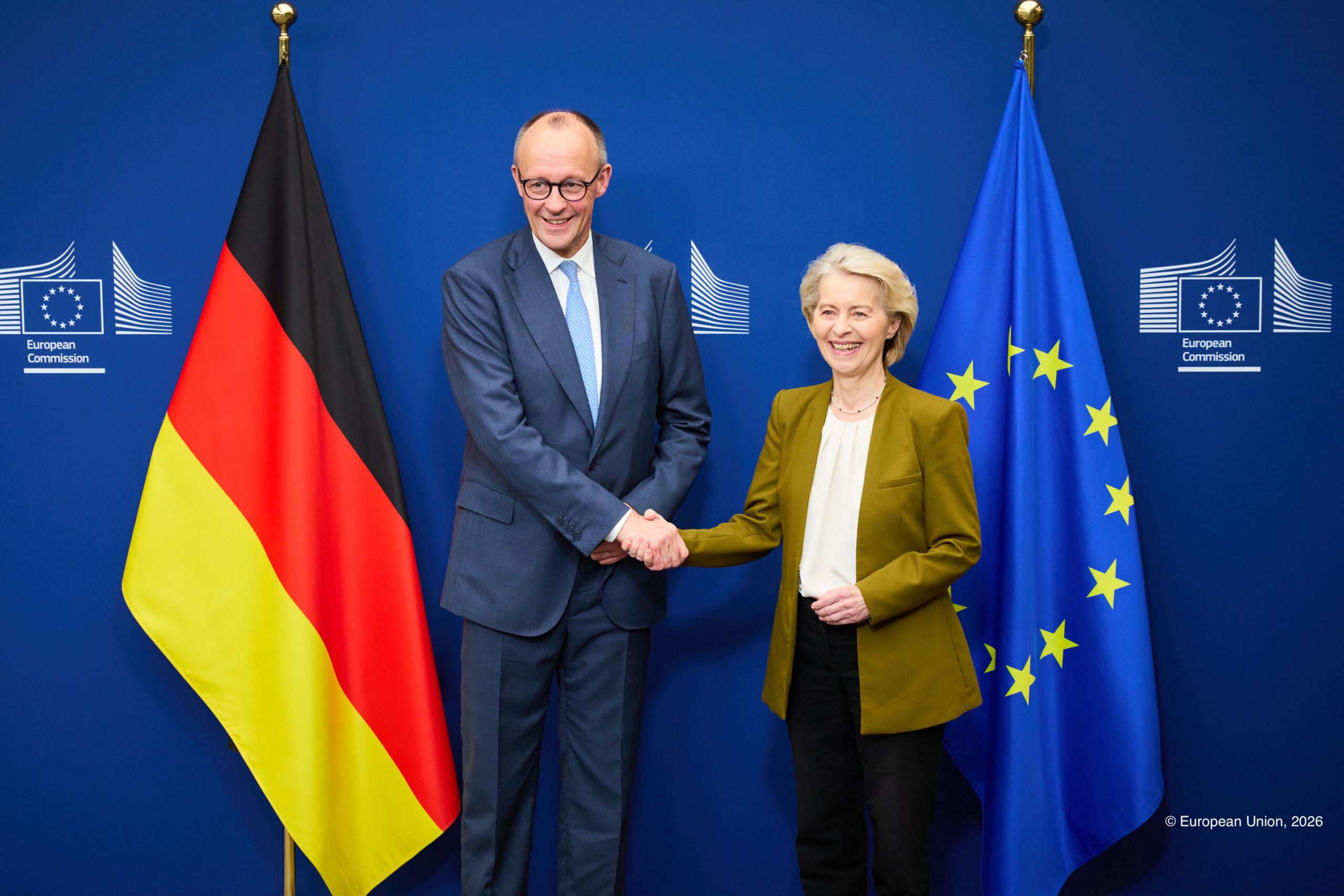When European Commission President Ursula von der Leyen announced the names of the future Vice-Presidents of the Commission, one nomination sparked concern in Brussels. Italy’s Raffaele Fitto was nominated as Executive Vice-President for Cohesion and Reforms. If confirmed by the European Parliament, Fitto would become the first politician from a far-right party to serve as Vice-President of the European Commission.
A lawyer by education, Fitto began his political career at twenty. Over the years, he has held various roles at all levels of Italian politics, and his trajectory has been marked by shifts between political parties. Initially a member of Italy’s Christian Democrats, he joined Berlusconi’s Forza Italia in 2001, and later aligned with Fratelli d’Italia, led by current Italian Prime Minister Giorgia Meloni. Despite this, Fitto is seen as having a more moderate profile than Meloni.
His future role
Fitto, who served as an MEP and is the current Italian Minister of European Affairs is widely recognized for his expertise in cohesion policies and his leadership in Italy’s implementation of the COVID-19 recovery plan. In his mission letter, von der Leyen tasked Fitto with ensuring the EU maintains its long-term reforms and investments. He would also oversee the implementation of the NextGenerationEU fund, a responsibility aligned with his current role as national minister.
Additionally, Fitto will be responsible for enhancing the competitiveness, resilience, and sustainability of the European agricultural sector—a challenging task following months of protests by farmers across Europe. One of his most ambitious objectives is to design a new cohesion and growth policy, which will require collaboration with national, regional, and local authorities to ensure successful implementation. However, how he will accomplish this remains uncertain, particularly in light of the European Commission’s plans to overhaul the structure of the EU Budget.
His nomination, coupled with his reputation as a more centrist figure compared to his ECR colleagues, should be seen as part of Meloni’s strategy to rebuild relations with Commission President Ursula von der Leyen, especially after the Italian Prime Minister did not support von der Leyen’s re-election. Furthermore, his appointment as Executive Vice-President may be viewed as an effort by von der Leyen to repair the strained relationship between the two leaders.
Conclusion
In conclusion, Raffaele Fitto’s nomination as Executive Vice-President is a significant moment in EU politics, as he would be the first politician from a far-right party to hold such a high-ranking position within the Commission. Moreover, Fitto’s moderate reputation, extensive experience in Italian and European politics, and expertise in cohesion policies position him as a potentially effective bridge between Italy’s current government and EU leadership. His success will depend on his ability to navigate complex policy challenges, particularly in areas such as agricultural reform and the implementation of new cohesion strategies.

